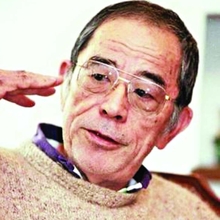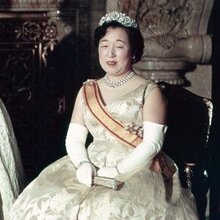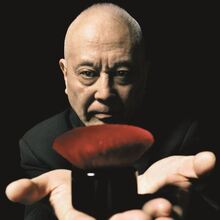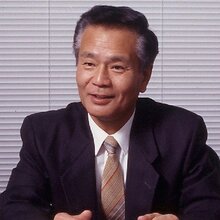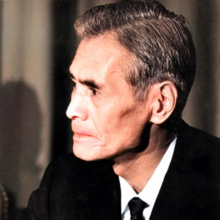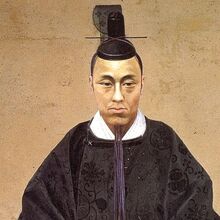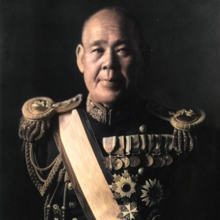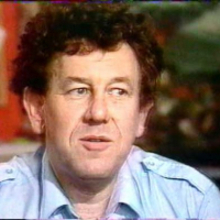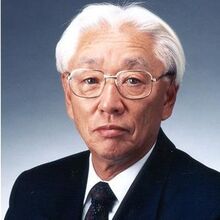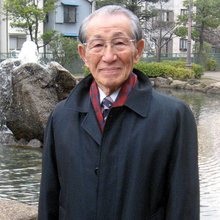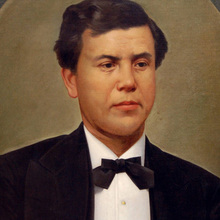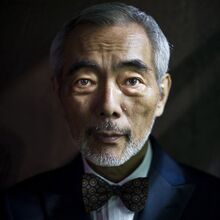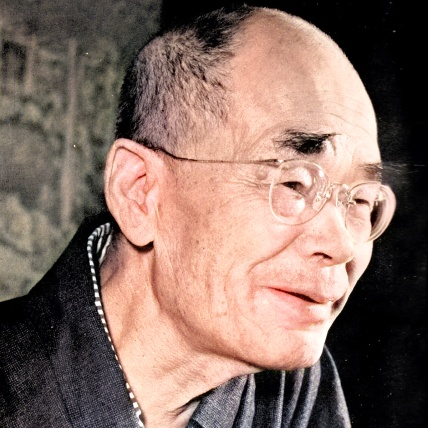
Personal
Other names:
D. T. Suzuki
Job / Known for:
Zen scholar and translator
Left traces:
Books and essays on Buddhism and Zen
Born
Date:
1870-10-18
Location:
JP
Honda-machi, Kanazawa, Ishikawa Prefecture, Japan
Died
Date:
1966-07-12 (aged 96)
Resting place:
JP
Death Cause:
Bowel obstruction
Family
Spouse:
Beatrice Erskine Lane Suzuki
Children:
Parent(s):
Ryojun Suzuki and Masu Suzuki
QR Code:
 My QR code:
Daisetsu Teitaro Suzuki
https://DearGone.com/12222
My QR code:
Daisetsu Teitaro Suzuki
https://DearGone.com/12222
Key Ownner:
Not yet supported by key owner
Show More
Rank
Users ranking to :
Thanks, you rate star
Ranking
5.0
1
Fullname
Daisetsu Teitaro Suzuki
Fullname NoEnglish
鈴木 大拙 貞太郎
Slogan
Zen is not a philosophy, it is poetry.
About me / Bio:
Show More
Article for Daisetsu Teitaro Suzuki
Died profile like Daisetsu Teitaro Suzuki
Comments:
